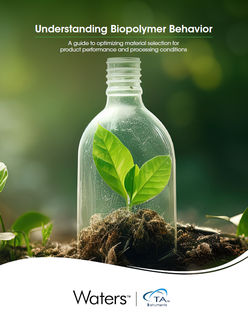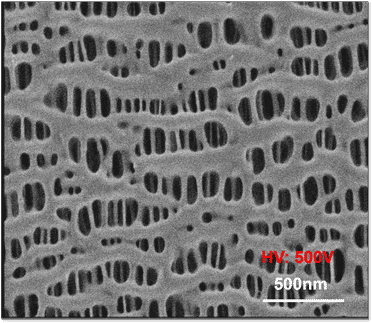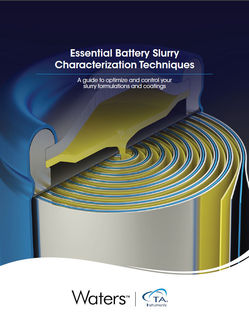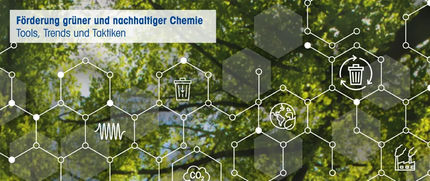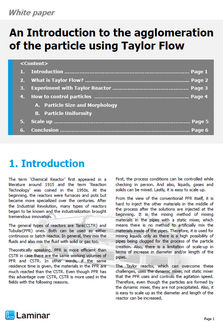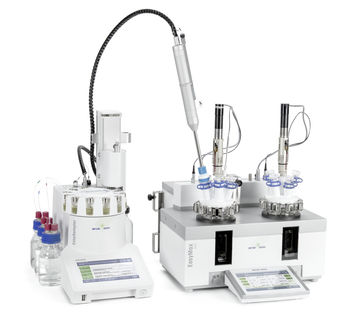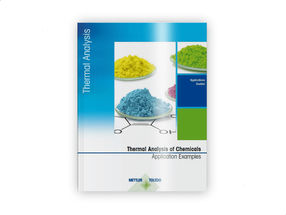
Mettler-Toledo
Thermal Analysis Techniques for the Chemical Industry – Theory and Applications
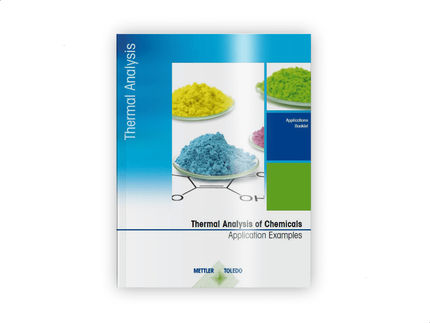
Material characterization in the chemical industry encompasses a group of thermal analysis techniques used to investigate the effects of heating or cooling on the physical and chemical properties of a sample. Explore the potential of these methods in our series of specialized guides.
METTLER TOLEDO's "Thermal Analysis of Chemicals" guide was designed to support thermal analysis users in the chemical industry with thermal analysis techniques, theory, and examples of the most relevant applications. The guide includes examples for how thermal analysis techniques can be used to:
- Evaluate chemical reactions for safety and scale-up
- Analyze chemical properties, such as thermal stability and ageing, kinetics, melting behavior, etc.
- Investigate crystallization processes, decompositions, sorption and more
1. What thermal analysis can do for chemicals
2. Applications and their thermal analysis techniques
3. Importance of ease of use for routine testing
4. Examples
5. Method development and validation
6. Instrument calibration and adjustment
7. A summary of thermal analysis techniques
8. Excellent crucibles and reference materials
9. GTAP™ – Good Thermal Analysis Practice™
10. More information
Advertisement




